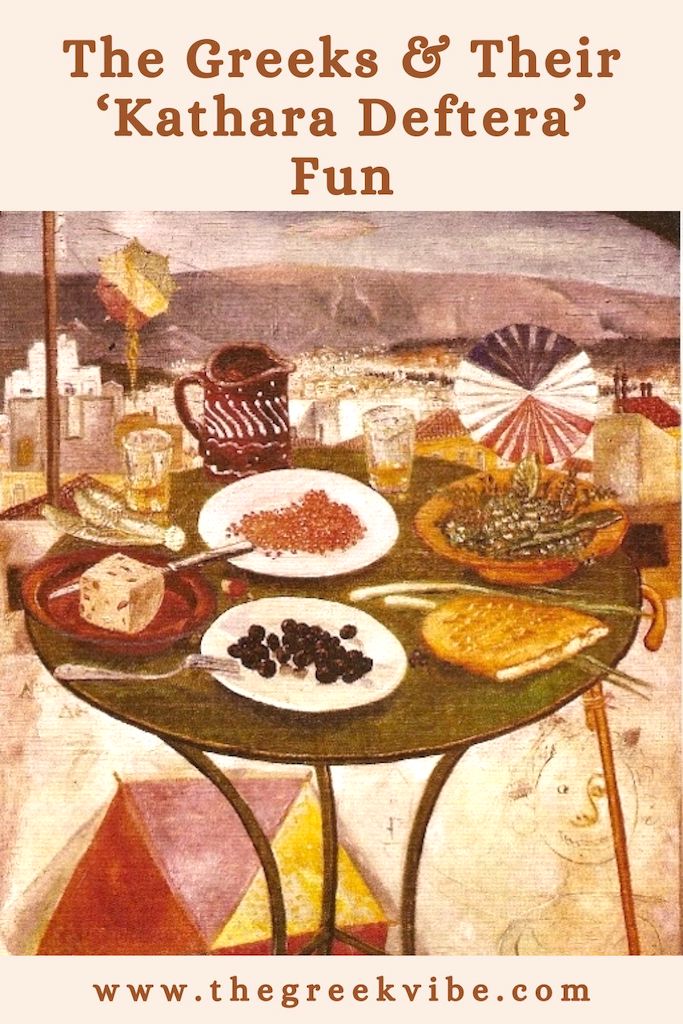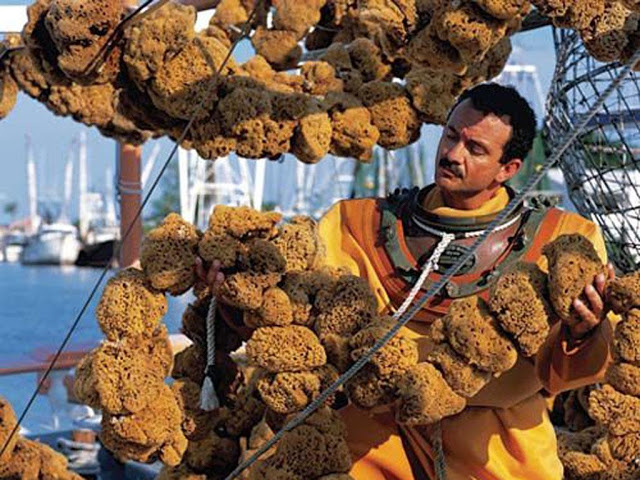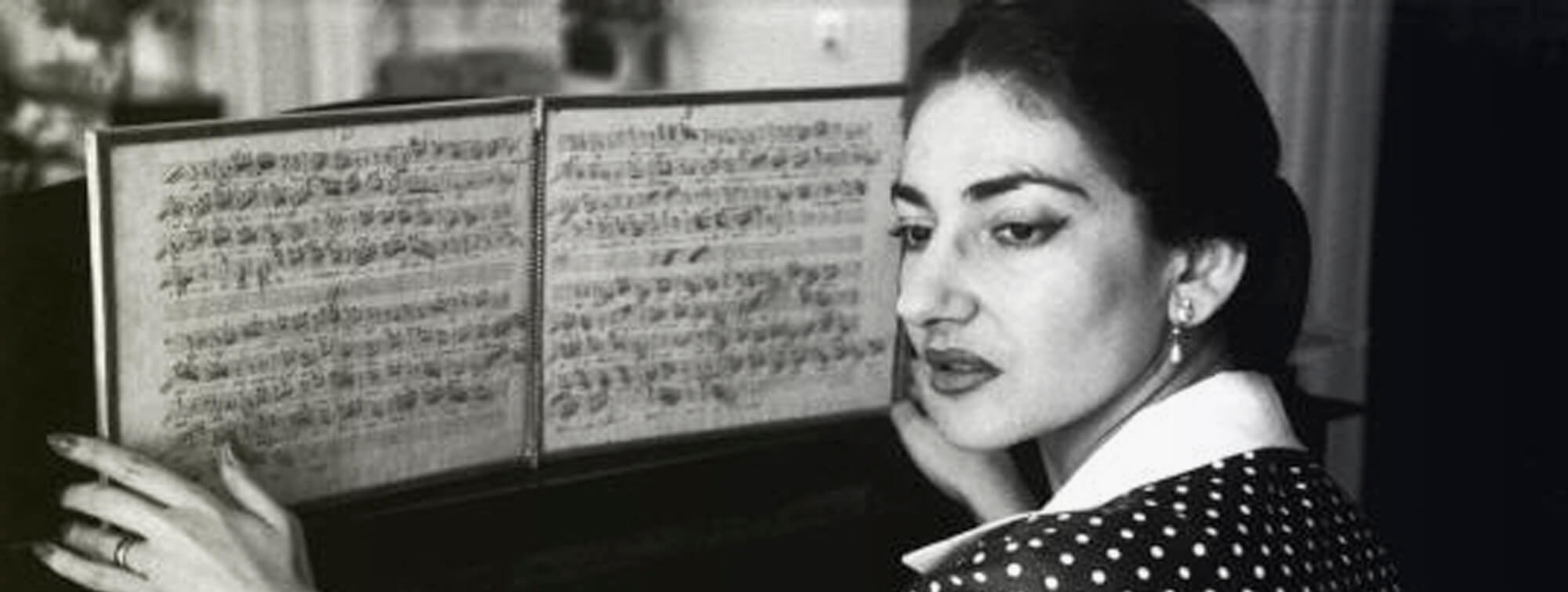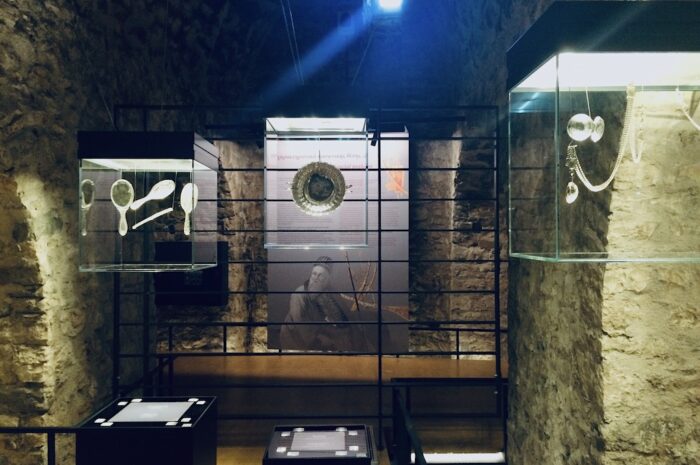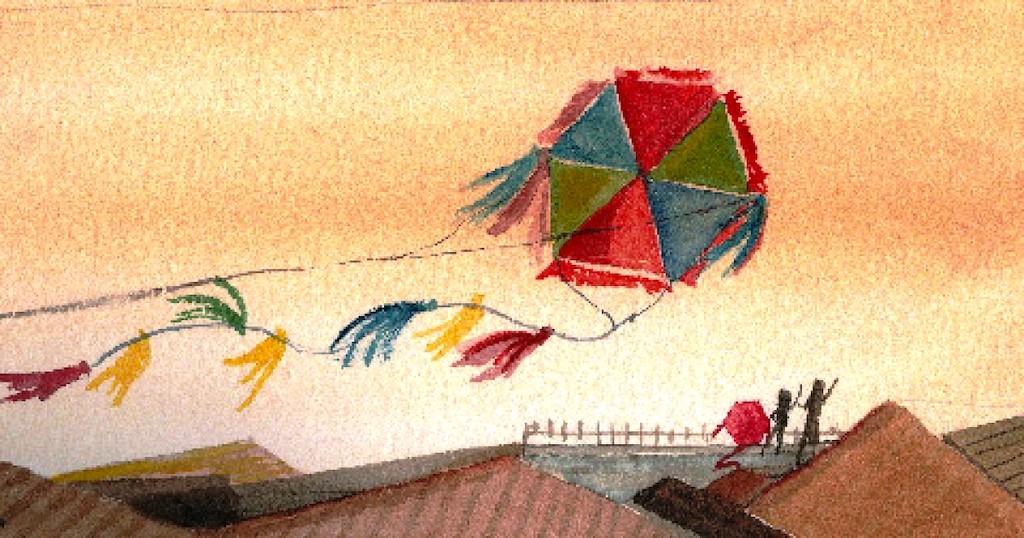
Everyone knows that the biggest celebration in Greece is Easter and the coming of spring. But before we welcome the blossoming flowers and the warm weather not to mention the grand Orthodox Easter feast, we celebrate Kathara Deftera or Clean Monday.
►What Greeks Do on Orthodox Easter
What is Kathara Deftera?
Kathara Deftera is the last day of two weeks of carnival revelry and the beginning of Lent. Τhat’s why wish each other “Kali Sarakosti” – which means “may the 40 days ahead until Easter be blessed”.
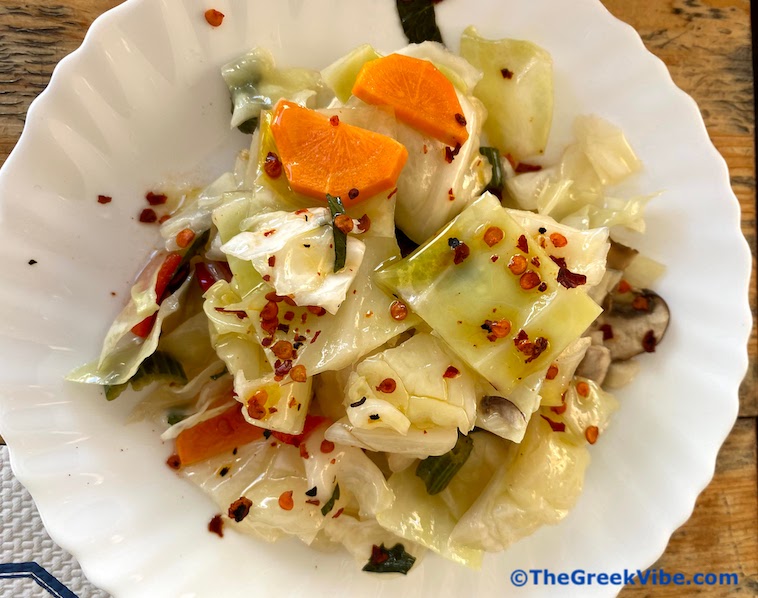
On Kathara Deftera, we are supposed to eat “nystisima” or Lenten foods “clean” of meat. In the past, foods we ate were simple, no frills, basic, as were the celebrations, setting the tone for what is to be expected in the next weeks until Easter.
Today’s modern Greeks however love to have fun and that’s why we prepare lots of traditional “nystisima” foods, and yes, we do have dozens of dishes that do not involve meat.
The superstar of the Kathara Deftera table is the “lagana” – a large flatbread made once a year on this day that goes hand-in-hand with the taramosalata (fish roe salad). You’ll see people waiting in line to get theirs at the “fournos” (bakery) and once you dip your piece into the taramosalata, you’ll never stop. Don’t even bother, just enjoy!
► Things You Didn’t Know About Greek Easter
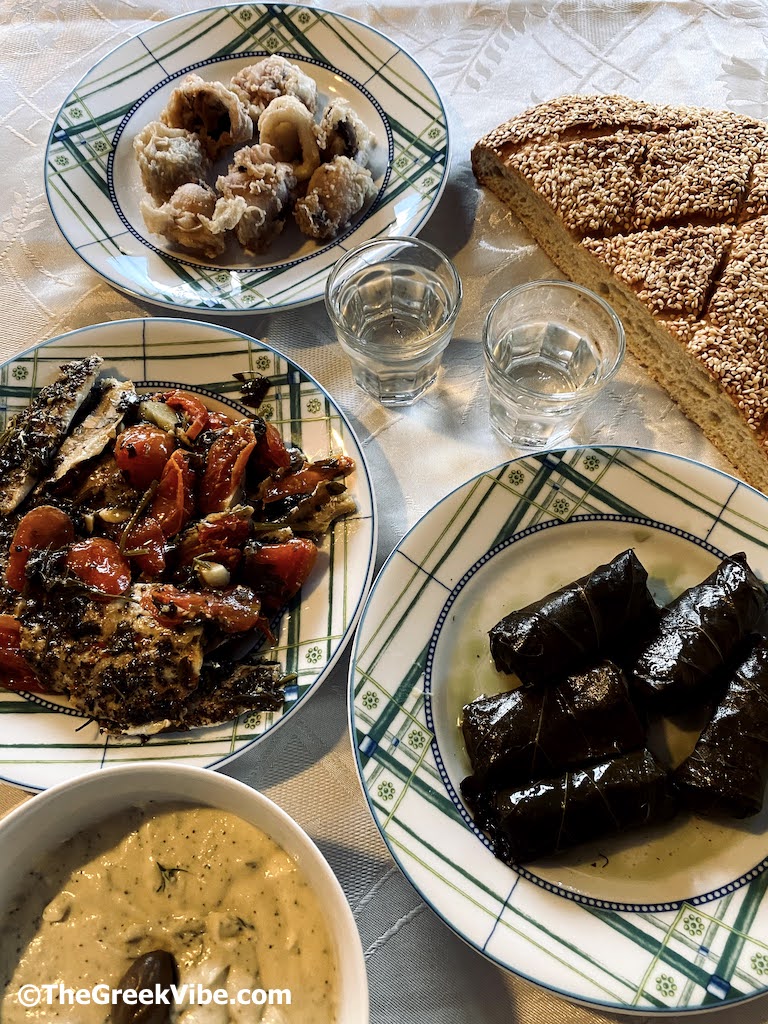
Other Kathara Deftera food favorites include potato and fresh onion salad, shrimp or shrimp with linguini in ouzo sauce, octopus in olive oil and vinegar or stewed with onions, pickled vegetables, Greek olives, seafood, “gigantes” (large beans stewed in tomato sauce), and of course, “dolmadakia yialantzi” (stuffed vine leaves ). And don’t forget the wine!
The Kathara Deftera lunch is not complete without dessert. And here we have the tahini-based halva – which is very addictive and can be found in dozens of varieties and tastes – and the traditional olive oil-based halva with or without raisins and almonds. (My personal favorite. Will not mention the calories for either.)
I should say at this point that when the weather permits – and usually it does – Greeks prefer to eat outdoors for Kathara Deftera and some actually plan picnics with all these goodies.
►Three Perfect Greek Easter Getaways
Why Greeks Celebrate Clean Monday
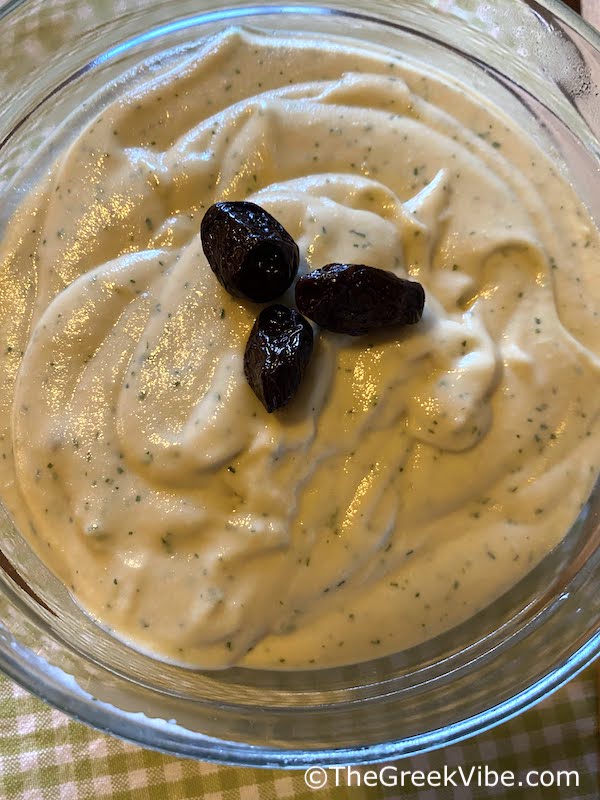
The word says it clearly: Kathara Deftera gives us a day to cleanse our bodies of all the toxins gathered during carnival festivities which usually involve eating and drinking endlessly (and mindlessly may I add) not to mention going for days with no sleep!
It marks the beginning of a 40-day fast, one of the most significant periods of Lent for the Orthodox, and gives us a chance to experience the passions of Christ until His Resurrection on Anastasi. It’s also a chance to prepare ourselves spiritually for spring, and I would add, test our will power. I should also add that Kathara Deftera usually falls near the beginning of spring so it gives Greeks the chance to leave dreary winter behind and go outdoors.
► What is the Tsiknopempti BBQ Feast and how do Greeks celebrate
Celebrating ‘Koulouma’ on Hilltops
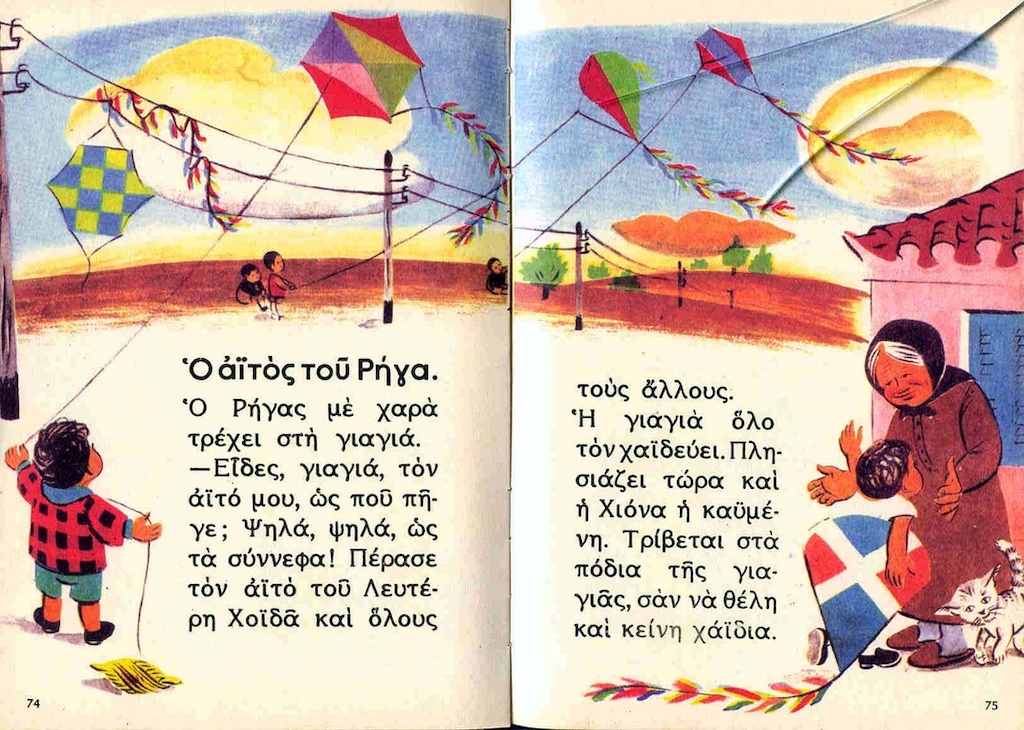
The word “Koulouma” describes the Clean Monday happenings for the Greeks. The word most likely derives from the Latin word “cumulus” which means abundance and ending… as in the “ending of carnival opulence”.
It is a tradition in Greece to fly a kite on Kathara Deftera, one that each family used to make on their own in the past. Kites were usually made of wood and colorful paper and each family took extreme pride in their own. If you have no idea how to make a kite, no worries. Today, you will find vendors along the roadside selling everything from football team-themed kites to colorful kites with Harry Potter and Elsa.
The Greek kite-flying tradition of Kathara Deftera symbolizes the human spirit in its endeavor to fly and thus reach its divine nature. In Athens, people would flock to Filopappou Hill where they would lay out their goodies, fly their kites and dance to the songs of street musicians. You can still enjoy Koulouma on Filopappou with a more modern twist.
Wish of the day: Kali Sarakosti!
👉🏼 Dream of visiting Greece? Start planning
♫ I end today’s post with a song by Greek composer Mimis Plessas featuring Anna Meliti: “To Tragoudi tis Katharis Defteras” (The Song of Kathara Deftera).
❤️ Follow The Greek Vibe on TikTok too!
Enjoyed this Post? Share and Pin it!
